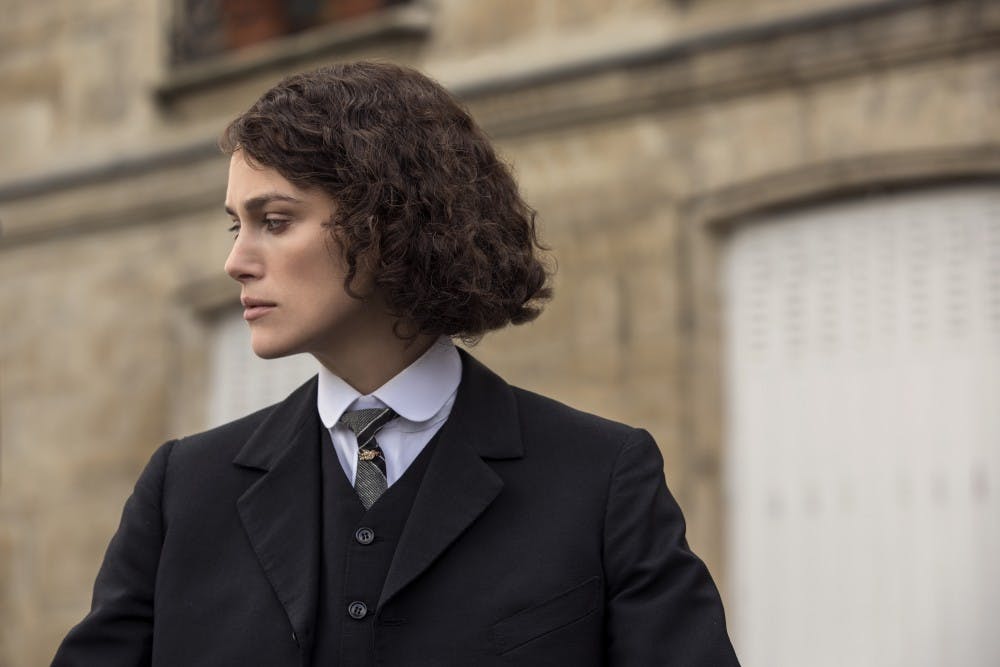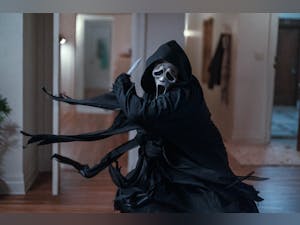From: Silver Screen
“Colette” is a period drama with more to say about women of today than meets the eye

In the late 19th century, the last thing France seemed to want was an intellectual, romantic and self-assured woman authoring the most popular novel of the time.
“Colette,” directed by Wash Westmoreland, illustrates the life of renowned French author and actress Sidonie-Gabrielle Colette. At 20 years old, Colette married literary publisher Henry Gauthier-Villars, or Willy, and began writing, sometimes only because Willy locked her in a room and forced her to write, the multiple novels in the Claudine series. Willy published all of her work under his name, and Colette struggled with becoming herself instead of becoming Claudine.
Westmoreland’s film imagines the struggles Colette faced as a repressed, but sexually explorative woman who never compromised on her beautiful literature and passion for feminine indulgence. Its release is at just the perfect time in our moment as women, who are constantly silenced by men in power, are rising over social expectations to write, protest and run for office.
Keira Knightley as Colette is captivating, and the viewer never waivers in enjoyment while watching the character discover herself, her unlabeled sexuality and her unmatched way with words. Just as France is fawning all over Colette’s ambitious fiction character Claudine, Knightly’s performance makes the audience do the same over her portrayal of this woman with many lives. It’s Knightly’s performance of this uninhibited, fiery yet tender 1900s woman that reminds the woman of today how to exist amidst oppression and doubt.
Much of Colette’s self-discovery is displayed throughout this film through her familial and romantic relationship with women and a trans-man. Colette has no female enemies in this film. Rather, she is propelled throughout the story by the experiences she has with different women. Once again, Westmoreland is placing this period piece at the forefront of today’s politics with his emphasis on women’s alliances with one another.
The composition of the film is aesthetically framed while emphasizing the nature that Colette and other women say they love. Westmoreland plays with shots halved by mirrors, windows, walls and doors, and the outcome is an in-your-face representation of the split between desire and expectation that Colette faces throughout the story.
As much as this film shows you how Colette came to be Colette, much of her history is left out, but this was necessary considering how complex Colette’s life was. At times, despite revisions, Westmoreland’s story dragged between scenes and this led to the viewer knowing what was going to happen next, almost predicting the next line of dialogue. But this didn’t detract from just how much the viewer wanted to see Colette succeed.
“The one who holds the pen writes history,” Colette said. In this film, Westmoreland creates an enthralling drama that represents one of history’s most allurings female writers that is unforgettable, simply because so much of it doesn’t feel like history, but rather like it is happening now.
Grade: A
“Colette” is playing in theaters throughout Washington, D.C.




